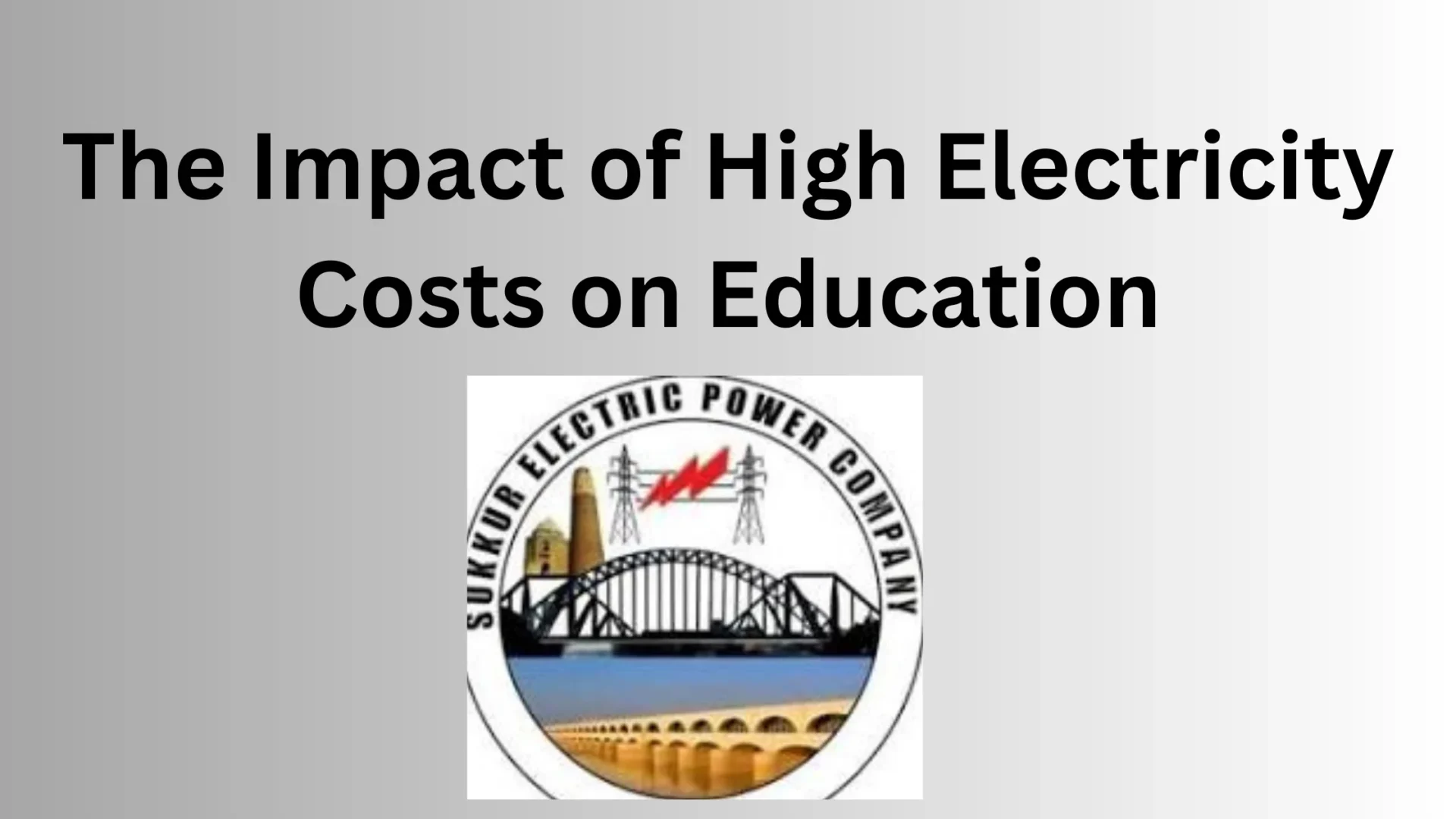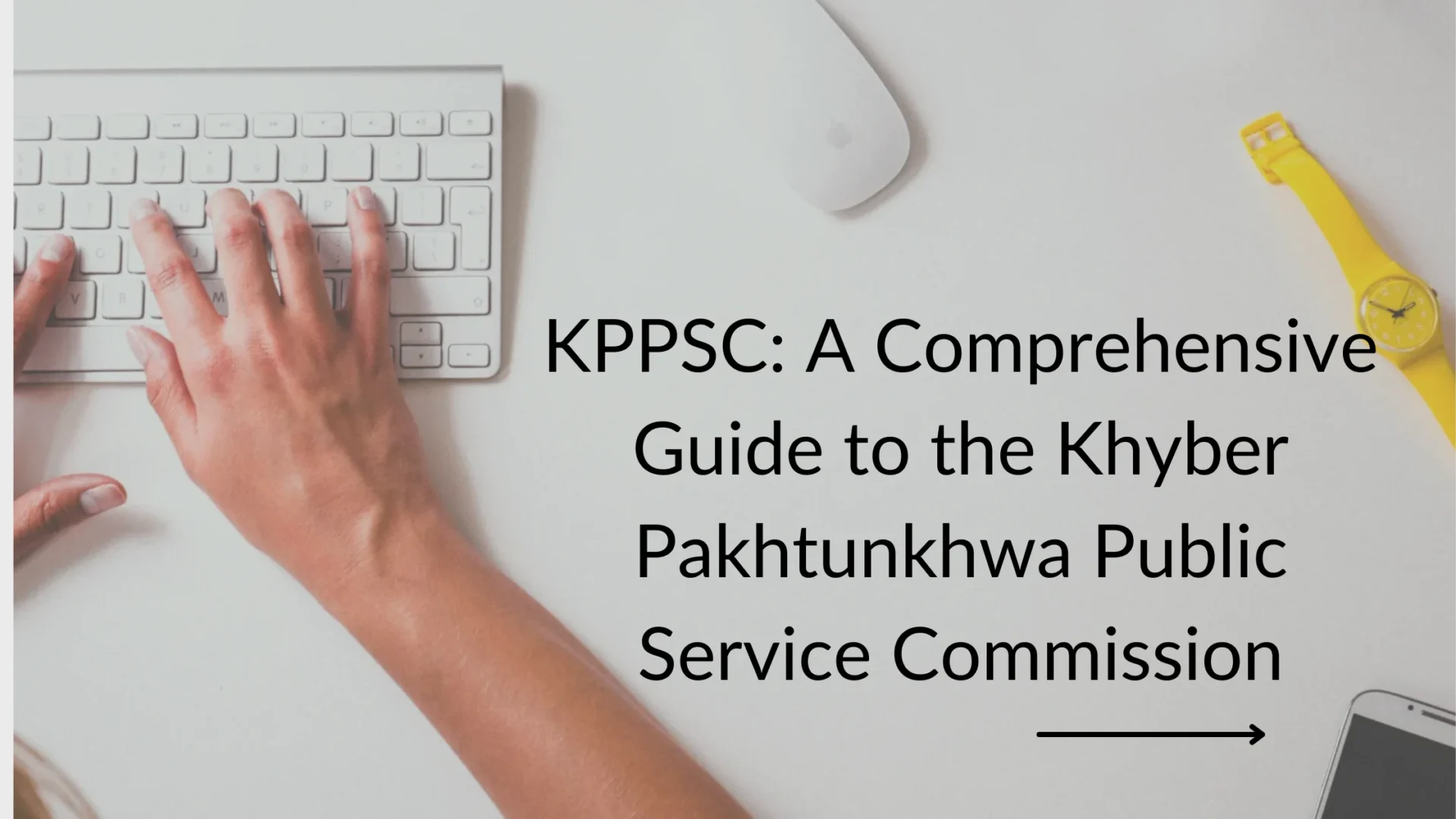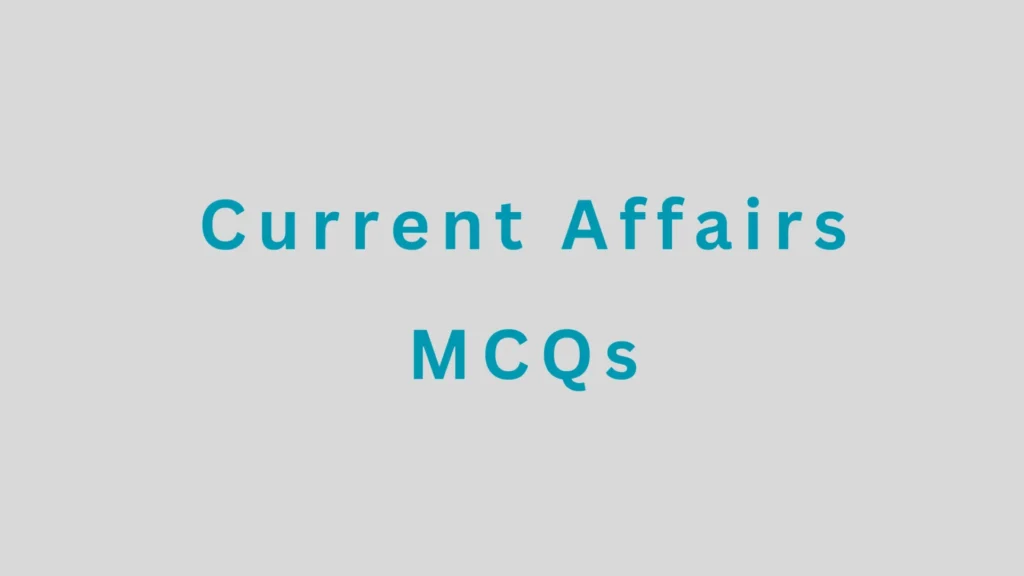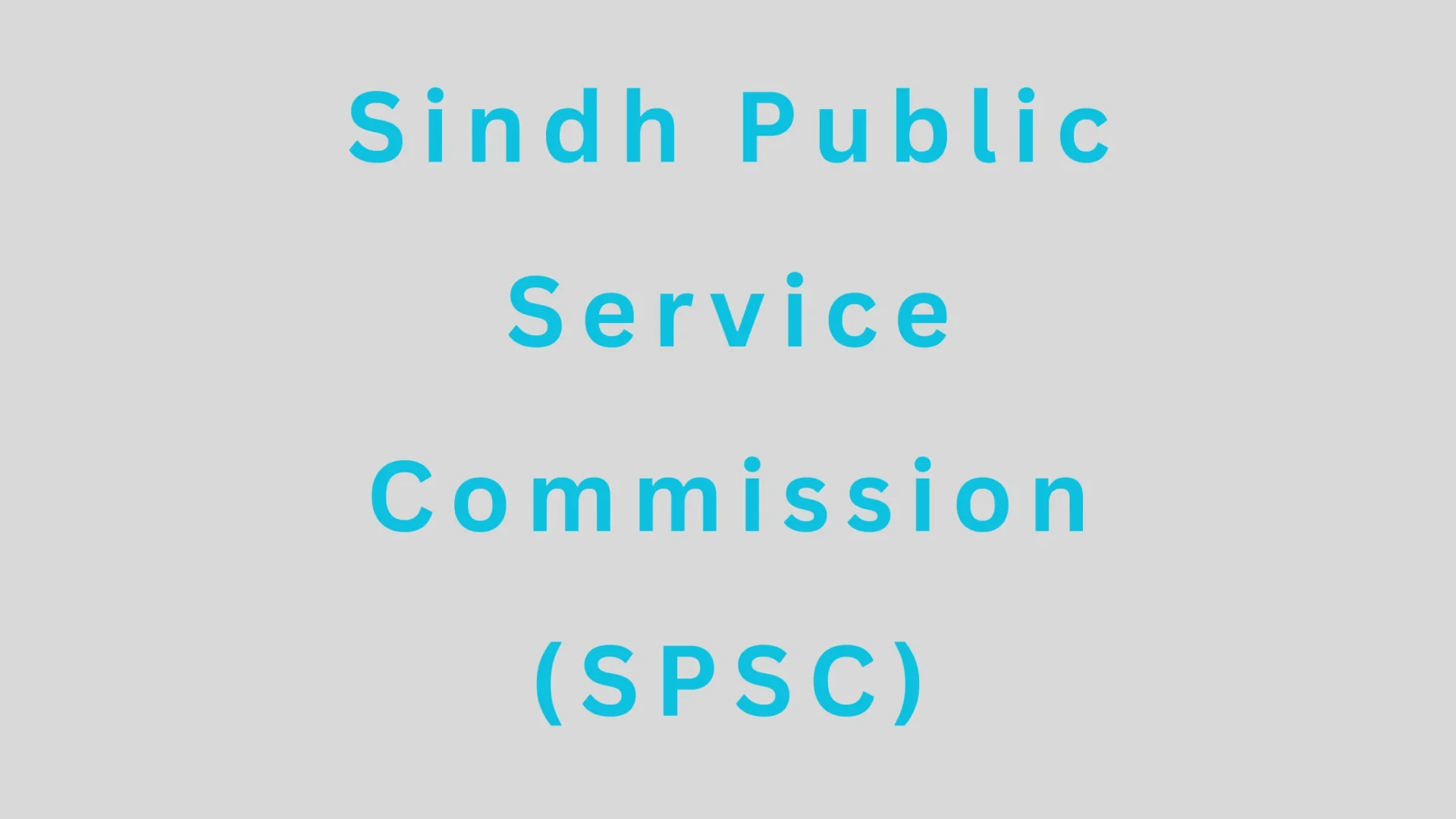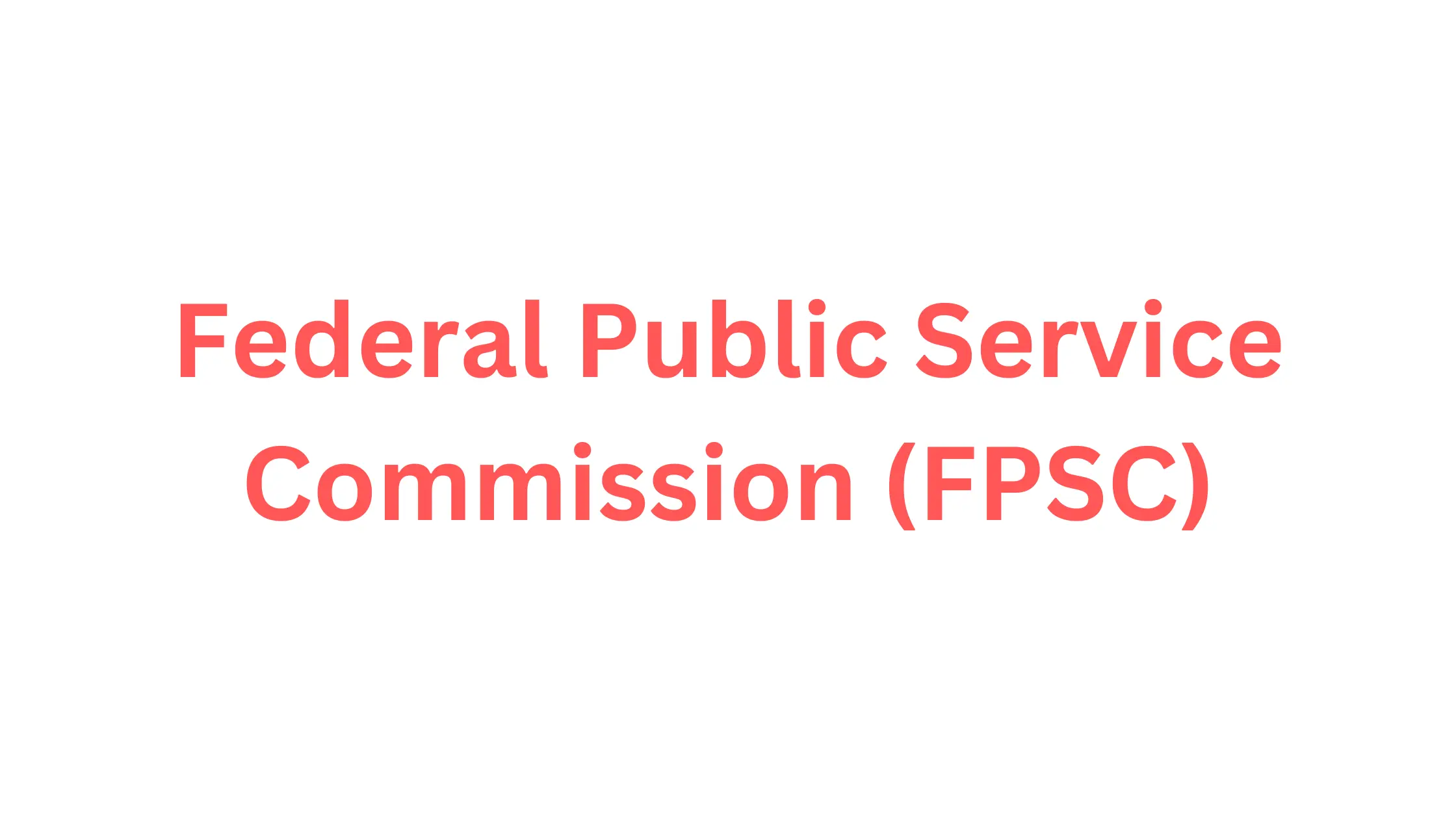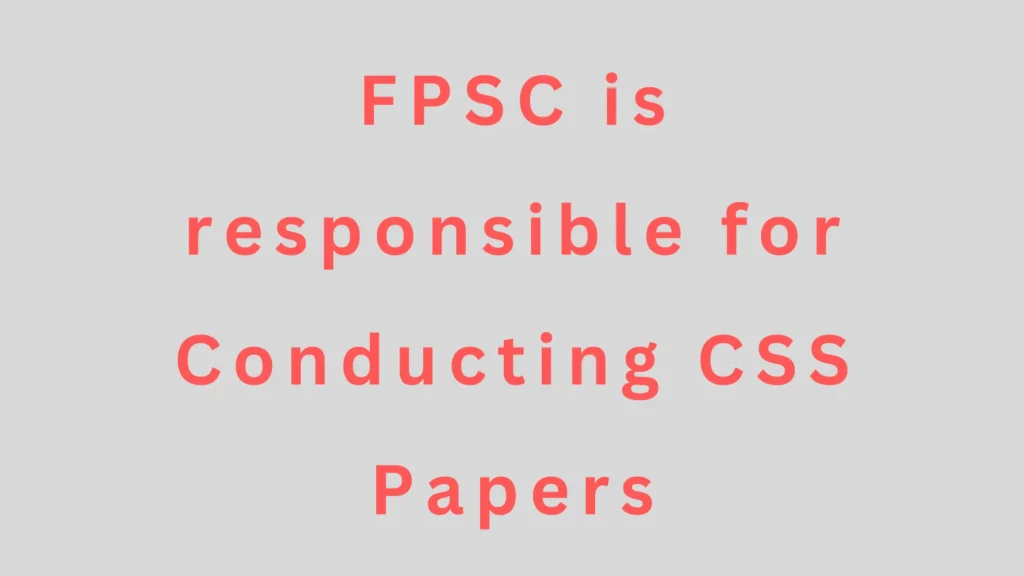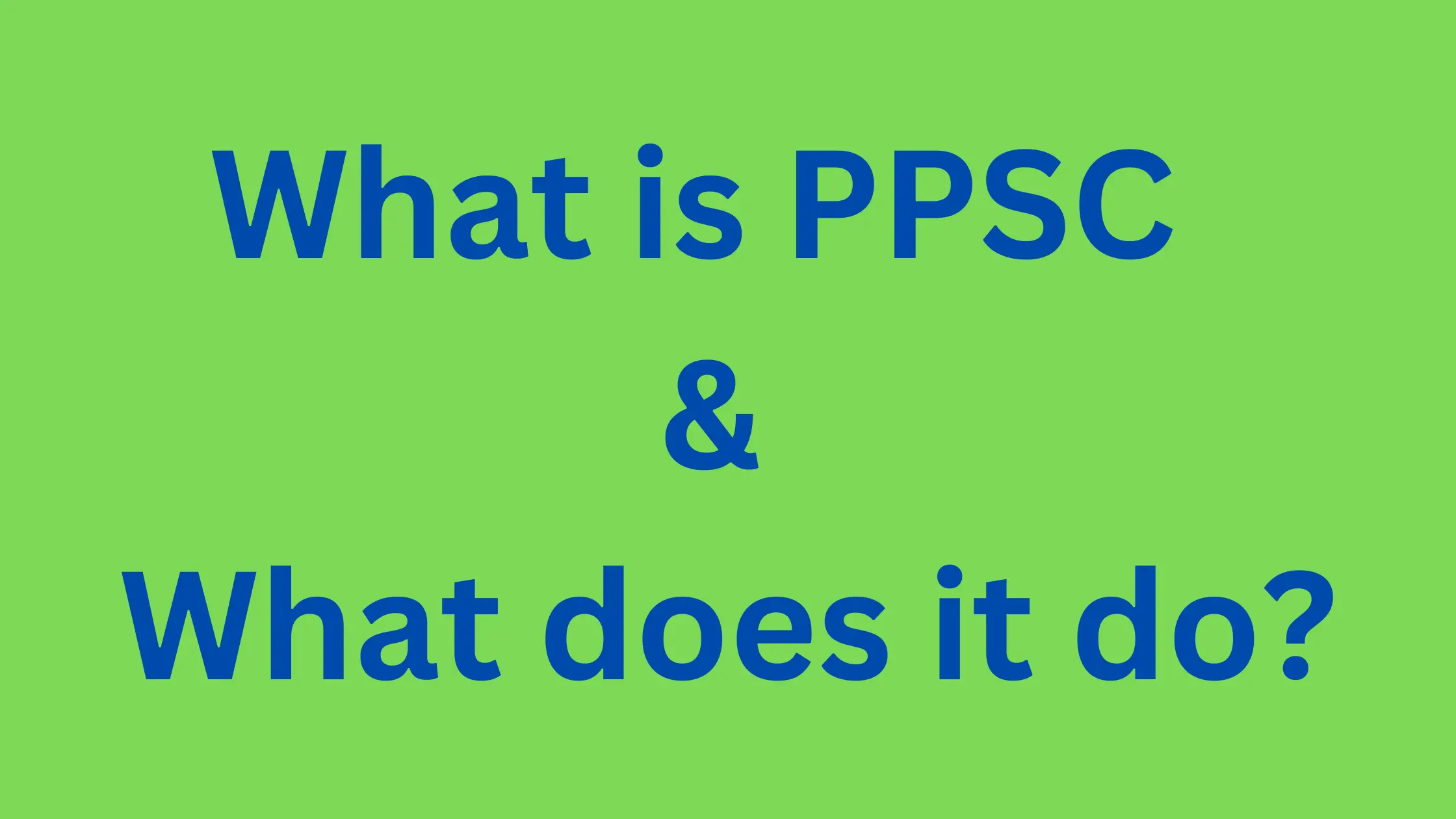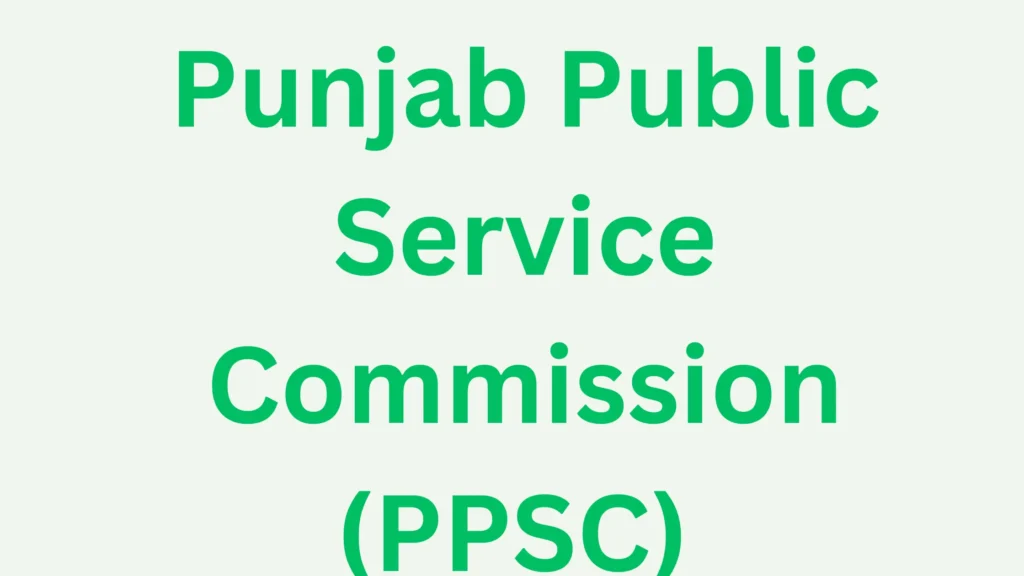Introduction: Education and Energy – An Overlooked Connection
Education is the cornerstone of societal progress, but its success depends on various factors, some of which are often overlooked. One such critical yet under-discussed factor is The Impact of High Electricity Costs on the Education sector. With the rising cost of electricity worldwide, there is an urgent need to explore how these increasing costs are affecting educational institutions, teachers, and students alike. You may also want to check the Sepco online bill
How The Impact of High Electricity Costs on Education
Operational Challenges for Schools and Colleges
Educational institutions are energy-intensive environments. Classrooms, libraries, laboratories, and administrative offices all rely heavily on electricity. As energy costs soar, schools and colleges face significant financial pressure. This is especially true for institutions in developing countries where energy efficiency is often lower, and budgets are already stretched thin. The high cost of electricity can lead to difficult decisions, such as cutting down on essential services like air conditioning, heating, or even internet access, all of which are vital for a conducive learning environment.
Impact on Technological Integration
The modern classroom increasingly depends on technology—computers, projectors, smartboards, and other digital tools that require a steady supply of electricity. Rising energy costs can hinder the ability of schools to integrate these technologies effectively. In some cases, schools may even delay or cancel plans to upgrade technological infrastructure, putting students at a disadvantage in an increasingly digital world.
Effects on Teachers and Educational Staff
Work Environment and Productivity
Teachers and educational staff are directly impacted by the quality of their work environment. Excessive heat, poor lighting, or inadequate ventilation—issues often caused by efforts to reduce electricity usage—can severely hamper productivity and job satisfaction. When teachers are uncomfortable, it becomes challenging for them to maintain high energy levels and enthusiasm, which can negatively affect the quality of education they provide.
Professional Development
High electricity costs also affect professional development opportunities. Online training programs, webinars, and virtual conferences have become crucial for ongoing teacher education. However, these activities require reliable and affordable electricity. When energy costs are prohibitive, schools may limit these opportunities, hindering teachers’ ability to stay updated with the latest educational practices and technologies.
Students Bear the Brunt of Rising Energy Costs
Learning Environment
Students are the ultimate sufferers of rising electricity costs. A well-lit, temperature-controlled classroom is essential for maintaining focus and comfort. However, in schools where budgets are tight, energy-saving measures may lead to dimly lit or poorly ventilated classrooms, making it difficult for students to concentrate. This is particularly problematic in areas with extreme weather conditions, where adequate heating or cooling is not just a matter of comfort, but of safety and health.
Access to Digital Learning
The digital divide is another area where high electricity costs create significant disparities. Students in regions where electricity is expensive or unreliable are at a disadvantage when it comes to accessing online resources, participating in digital learning platforms, or even doing homework that requires computer use. In an era where digital literacy is becoming as important as traditional literacy, this creates a significant educational gap.
Higher Education and Research: Struggling with Energy Costs
Laboratories and Research Facilities
Higher education institutions, particularly those involved in scientific research, are heavily dependent on electricity. Laboratories filled with high-powered equipment, research facilities that require constant environmental controls, and data centers that store vast amounts of information all consume enormous amounts of energy. Rising electricity costs can lead to budget cuts, reducing research output and limiting scientific advancement.
Student Accommodation and Campus Life
For universities, the cost of electricity also impacts student accommodation and campus life. Many students live on campus, and the cost of electricity is often factored into their housing fees. As energy costs rise, these fees may increase, placing an additional financial burden on students, many of whom are already dealing with the high cost of education.
Strategies to Mitigate the Impact of High Energy Costs on Education
Adopting Energy-Efficient Technologies
One of the most effective ways educational institutions can combat rising electricity costs is by adopting energy-efficient technologies. LED lighting, energy-efficient HVAC systems, and solar panels can significantly reduce energy consumption and costs. While the initial investment might be high, the long-term savings and environmental benefits make it a worthwhile consideration.

Government Support and Funding
Governments have a crucial role to play in supporting educational institutions facing high energy costs. Subsidies for electricity, grants for energy efficiency upgrades, and incentives for using renewable energy sources can help alleviate the financial strain on schools and universities. By prioritizing education in energy policies, governments can ensure that rising costs do not compromise the quality of education.
Community and Private Sector Involvement
Communities and the private sector can also contribute to mitigating the impact of high electricity costs on education. Public-private partnerships can lead to the development of sustainable energy solutions for schools. Local communities can participate in energy-saving initiatives, such as tree planting or energy conservation programs, which can lower costs and enhance the learning environment.
Conclusion: The Need for a Balanced Approach
The link between education and energy is undeniable, yet it often goes unnoticed in broader discussions about educational quality and access. As electricity costs continue to rise, it is essential to recognize and address the challenges this presents to the education sector. By adopting a balanced approach that includes technological innovation, government support, and community involvement, we can ensure that the rising cost of electricity does not hinder educational progress. The future of education depends not only on curriculum and pedagogy but also on creating an environment where learning can thrive—one that is sustainable, comfortable, and accessible to all.
FAQs
1. How can schools reduce electricity costs without compromising education quality? Schools can reduce costs by adopting energy-efficient technologies, such as LED lighting and solar panels, and by implementing energy conservation programs that encourage responsible usage among staff and students.
2. What role does the government play in addressing high electricity costs in education? The government can provide subsidies, grants, and incentives for energy efficiency upgrades and the use of renewable energy sources in educational institutions.
3. Are there any specific energy-saving programs tailored for schools? Yes, many governments and organizations offer energy-saving programs specifically designed for schools, which include audits, upgrades, and incentives for reducing energy consumption.
4. How do high electricity costs affect digital learning? High electricity costs can limit access to digital learning tools and platforms, particularly in regions where electricity is expensive or unreliable, exacerbating the digital divide.
5. Can renewable energy sources be a viable solution for educational institutions? Absolutely. Renewable energy sources like solar power can significantly reduce electricity costs for schools, providing a sustainable and cost-effective energy solution.

